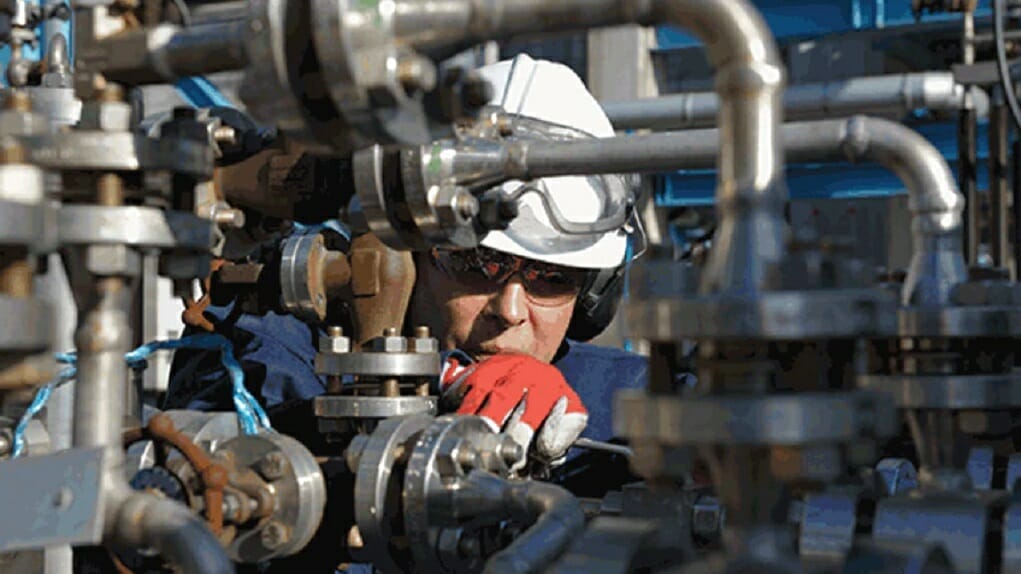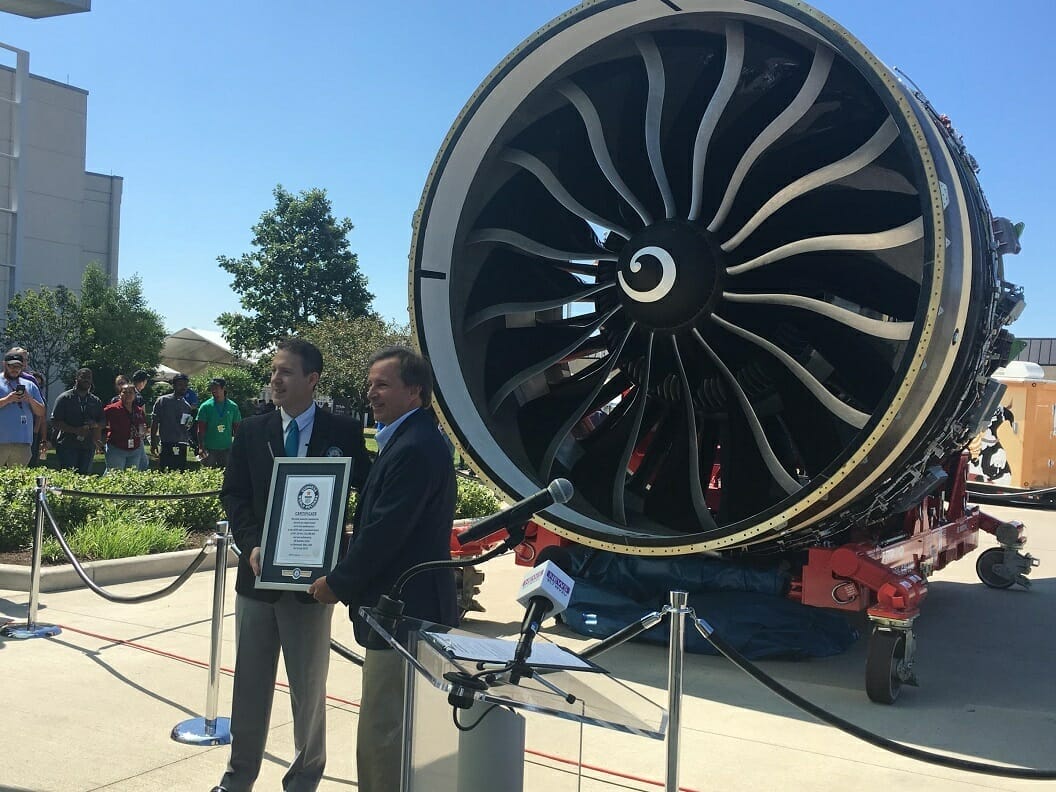Obtaining a mechanical engineer license in the Philippines is a pivotal achievement that can pave the way for a rewarding career in the field of engineering. To embark on this journey, aspiring mechanical engineers must first hold a degree in mechanical engineering from a recognized institution. The next crucial step is to pass the Mechanical Engineer Licensure Examination administered by the Professional Regulation Commission (PRC) in the Philippines. This comprehensive exam evaluates the candidate’s knowledge and skills in various areas of mechanical engineering, ensuring that only qualified individuals receive their mechanical engineer license in the Philippines.
Once the aspiring mechanical engineer successfully passes the licensure exam, they must complete the requirements the PRC sets to obtain their mechanical engineer license in the Philippines. These requirements may include practical experience in the field, professional practice, and compliance with the PRC’s code of ethics. By diligently fulfilling these steps, individuals can proudly earn their mechanical engineer license in the Philippines, unlocking a plethora of opportunities in the dynamic and ever-evolving field of engineering.
Understanding the Importance of a Mechanical Engineer License
Obtaining a mechanical engineer license in the Philippines is a crucial milestone for professionals in mechanical engineering. This license serves as a testament to an individual’s expertise, knowledge, and commitment to the profession’s highest standards. Holding a mechanical engineer license in the Philippines enhances one’s credibility within the industry and opens up many career advancement opportunities. Employers and clients value the assurance that comes with hiring a licensed mechanical engineer, knowing they have met the rigorous standards set by the Professional Regulation Commission (PRC) in the Philippines.
Furthermore, having a mechanical engineer license in the Philippines carries legal implications that cannot be overlooked. Licensed mechanical engineers are authorized to practice and offer their services within the boundaries of the law, ensuring public safety and regulatory compliance in engineering projects. This authorization instills trust in the integrity and competence of licensed professionals, safeguarding the interests of both the professionals themselves and the stakeholders they serve. Overall, a mechanical engineer license in the Philippines is not just a credential but a mark of excellence and responsibility in mechanical engineering.

1. Meeting the Licensure Requirements
To qualify for a mechanical engineer license in the Philippines, individuals must meet specific educational and experience requirements. Firstly, applicants must be a Bachelor of Science in Mechanical Engineering graduates from a recognized institution. Additionally, they need to provide essential documents such as the NSO or PSA Birth Certificate, the NSO or PSA Marriage Contract for married female applicants, a transcript of records with a scanned picture and Remarks “For Board Examination Purposes,” and a valid NBI clearance for both first-timers and repeaters. These requirements ensure that candidates have the necessary academic background and personal identification to pursue a mechanical engineer license in the Philippines.
In addition to meeting the educational and document requirements, aspiring mechanical engineers in the Philippines must also pass the licensure examinations and obtain the necessary certifications. The licensure examinations typically cover a wide range of topics related to mechanical engineering to assess the candidate’s knowledge and competency in the field. Successfully passing these examinations is crucial for obtaining a mechanical engineer license in the Philippines and practicing as a professional in the industry. By fulfilling both the educational prerequisites and passing the licensure examinations, individuals can obtain a mechanical engineer license in the Philippines and advance their careers in the field.
2. Applying for the Mechanical Engineer License
To obtain a mechanical engineer license in the Philippines from the Philippine Regulatory Commission (PRC), aspiring professionals must first ensure they hold a Bachelor’s degree in Mechanical Engineering. Once this educational requirement is met, applicants must gather the necessary documents for the application process. These include a valid NSO/PSA birth certificate, an NSO/PSA marriage contract for married female applicants, a transcript of records with a scanned picture and the remarks “For Board Examination Purposes,” and a valid NBI clearance for both first-timers and repeaters. Having all these documents in order and up-to-date is crucial to facilitating a smooth application process for a mechanical engineer license in the Philippines.
Moreover, applicants should be prepared to pay the required fees to apply for a mechanical engineer license in the Philippines. After ensuring all documents are in order and the PHP 900 fee is settled, individuals can proceed with the application process with the PRC. Following the submission of the necessary paperwork and fees, applicants must adhere to the procedures outlined by the PRC to complete their application for a mechanical engineer license in the Philippines. By following these steps diligently and meeting all requirements, aspiring mechanical engineers can work towards obtaining their professional license in the field.
3. Continuing Professional Development and Renewal
Continuing education and professional development are crucial for licensed mechanical engineers in the Philippines to stay updated with industry trends, technologies, and best practices. Engaging in ongoing learning opportunities enhances one’s knowledge and skills and ensures that mechanical engineers are equipped to tackle complex challenges and deliver innovative solutions. Licensed mechanical engineers can broaden their expertise, network with industry peers, and maintain their competitive edge by participating in workshops, seminars, and training programs. This commitment to continuous learning is essential for upholding professional standards and providing high-quality services as a mechanical engineer holding a license in the Philippines.
In the Philippines, maintaining an active mechanical engineer license requires fulfilling specific renewal requirements set by the Professional Regulation Commission (PRC). These requirements typically include completing a certain number of Continuing Professional Development (CPD) units within a defined period, demonstrating a commitment to staying current with industry advancements, and enhancing professional competency. Mechanical engineers must also ensure compliance with other renewal criteria, such as submitting necessary documents, payment of renewal fees, and adherence to ethical standards outlined by the PRC. By meeting these renewal requirements, licensed mechanical engineers in the Philippines can uphold the integrity of their profession, showcase their dedication to ongoing professional growth, and continue contributing to the advancement of the engineering field.
The Advantages of Having a Mechanical Engineer License in the Philippines
Having a mechanical engineer license in the Philippines offers numerous advantages to professionals in this field. Firstly, possessing a valid license signifies that an individual has met the rigorous educational and experience requirements set by the Professional Regulation Commission (PRC). This official recognition serves as a testament to the expertise and competency of mechanical engineers, enhancing their credibility and trustworthiness in the eyes of employers, clients, and the general public.
Furthermore, a mechanical engineer license in the Philippines opens up many career opportunities and advancements. Many reputable companies and organizations require candidates to have a valid license to qualify for certain positions or projects. Additionally, having a license provides legal protection for the engineer and their clients by ensuring that all projects comply with industry standards and regulations. This professional validation not only enhances job prospects but also instills confidence in clients, leading to increased opportunities for growth and success in mechanical engineering.
Parting Thoughts: Obtaining a Mechanical Engineer License in the Philippines
Obtaining a mechanical engineer license in the Philippines is a rigorous process that requires dedication and perseverance. From completing the necessary educational requirements to gaining relevant work experience, aspiring professionals must navigate a series of steps to achieve this significant milestone. By adhering to the guidelines set forth by the Professional Regulation Commission (PRC) and staying updated on the latest developments in the field of engineering, individuals can position themselves for success in pursuing a mechanical engineer license in the Philippines.
Upon obtaining a mechanical engineer license in the Philippines, professionals gain access to a multitude of opportunities within the industry. This credential validates their expertise and knowledge in the field and opens doors to higher-level positions and increased earning potential. With a commitment to continuous learning and professional growth, licensed mechanical engineers in the Philippines can significantly contribute to various sectors, from manufacturing to energy, and play a vital role in driving innovation and progress within the engineering landscape.











